NEURODIVERSE ADVISORY COUNCIL
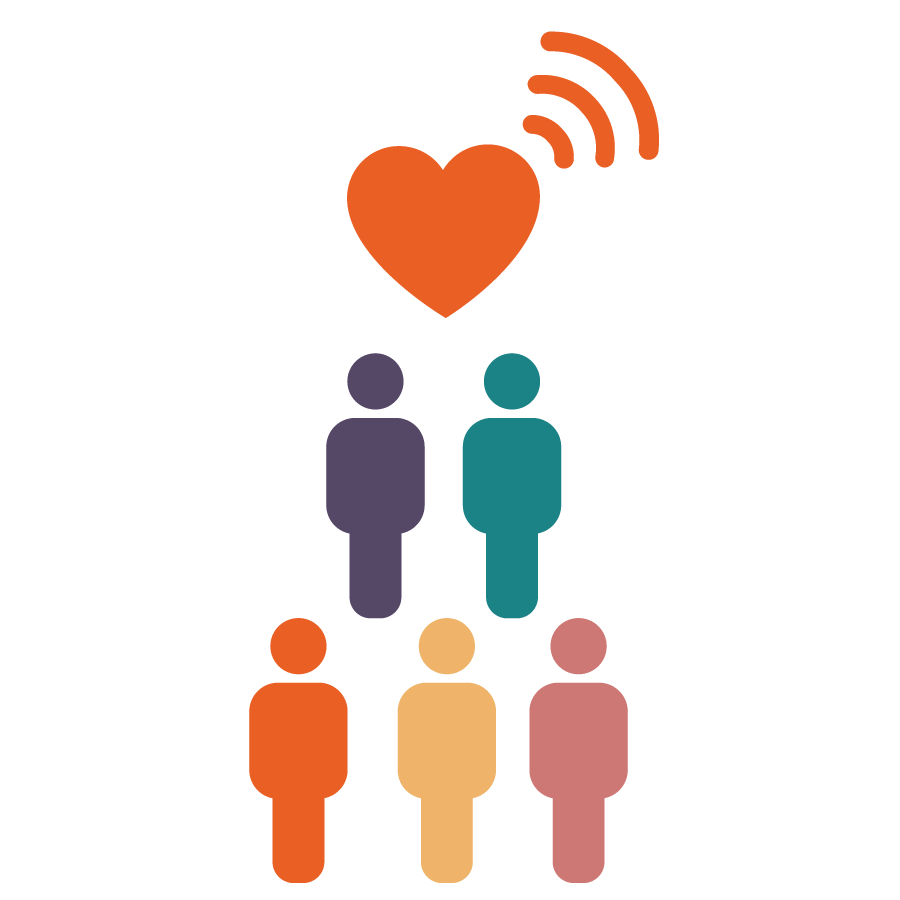
About Us
We’re the Neurodiverse Advisory Council. Call us NAC! We’re a group of 17 to 22 year old students who think differently.
Neurodiversity means that there are lots of different ways brains work, and that there is no “right” or “wrong” way.
People whose brains work differently due to Autism Spectrum Disorder, ADHD, or other conditions have valuable strengths and talents, as well as challenges

What is Self-Advocacy and why is it important?
Self-advocacy is about communicating your needs and interests.
We need self-advocates from the neurodiverse community to share our experiences and perspectives.
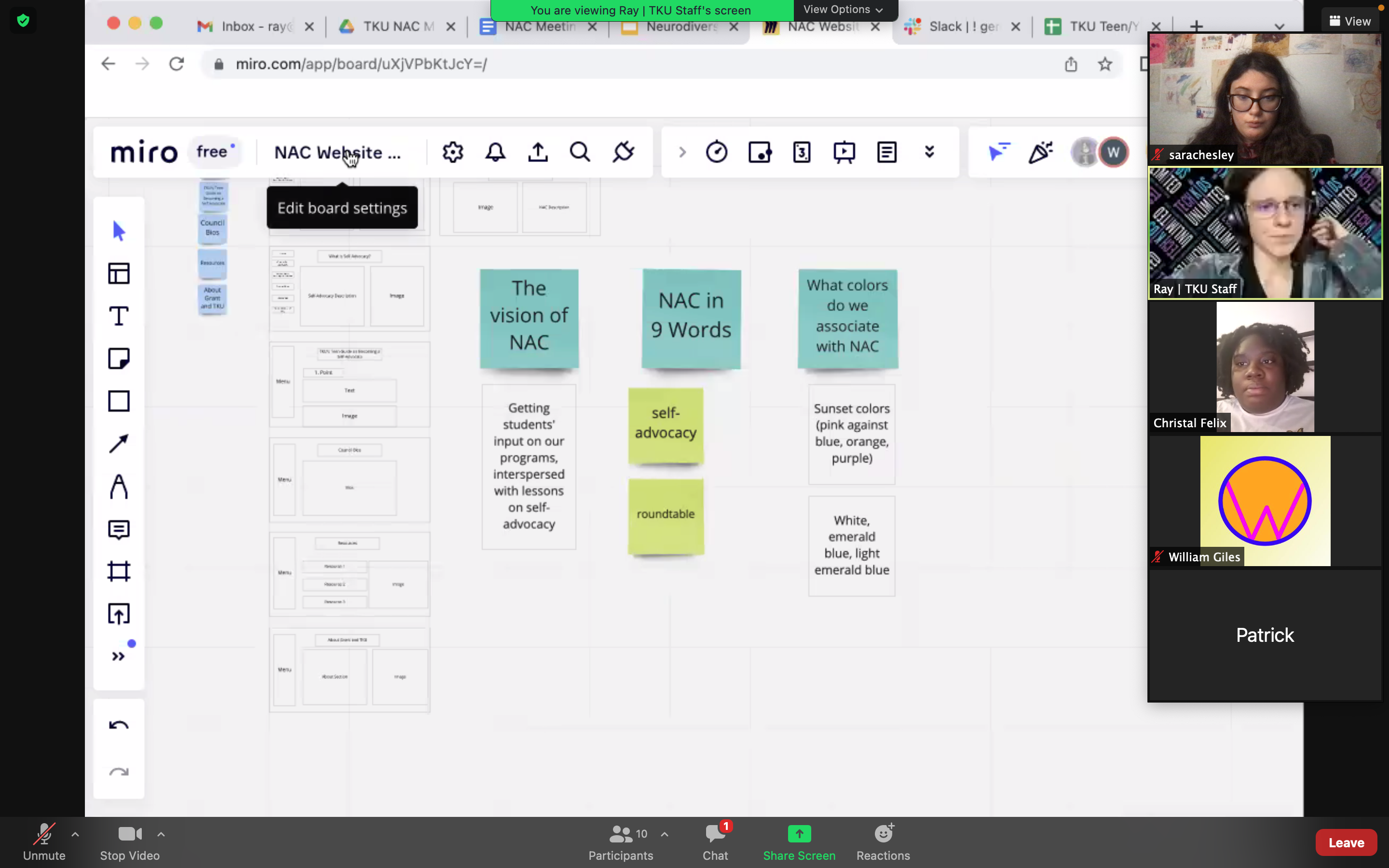
As NAC, we
- Help shape future TKU programs
- Learn about leadership & advocacy
- Want others to become advocates!
We follow the disability mantra “nothing about us without us”
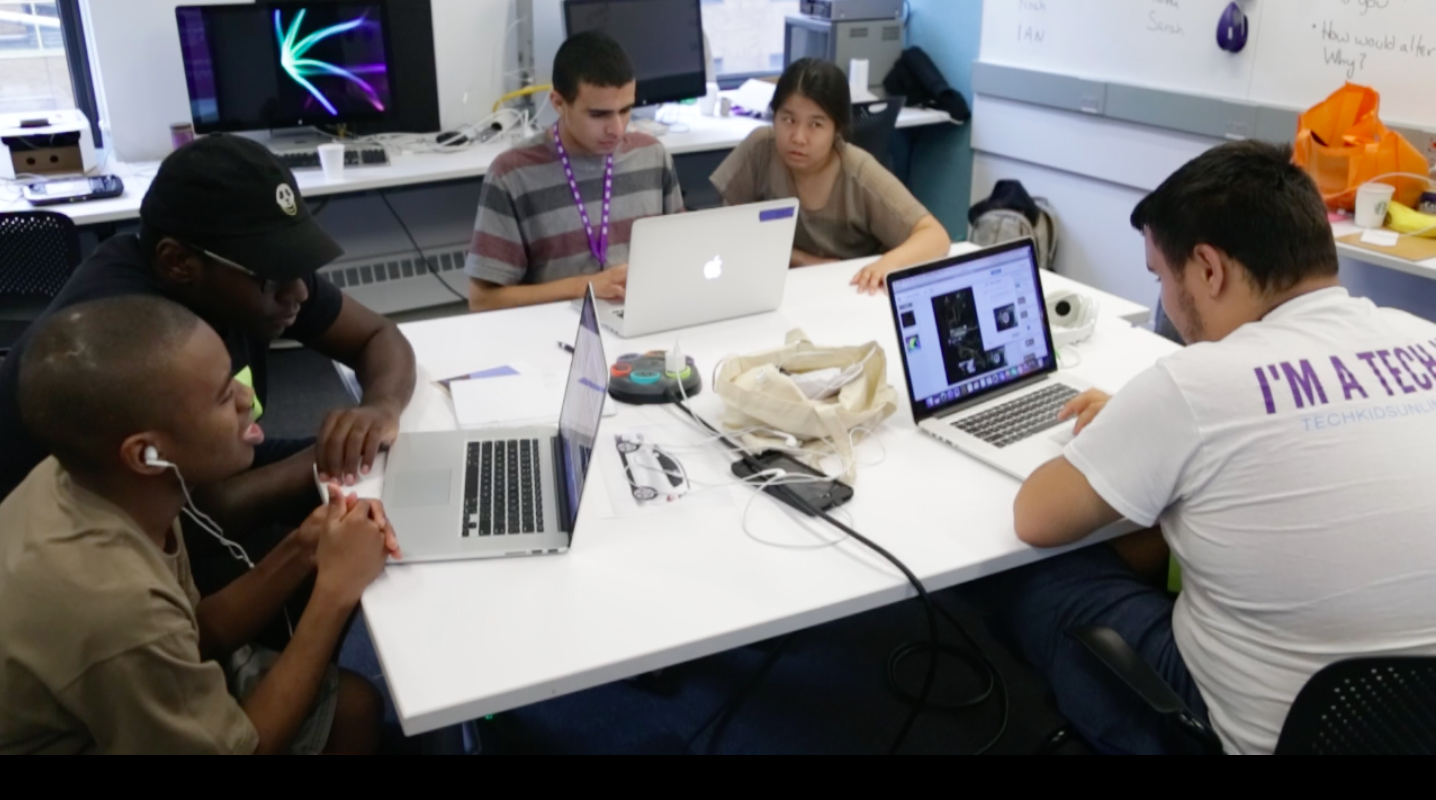
Guide: Become A Self Advocate
1 – Build Confidence
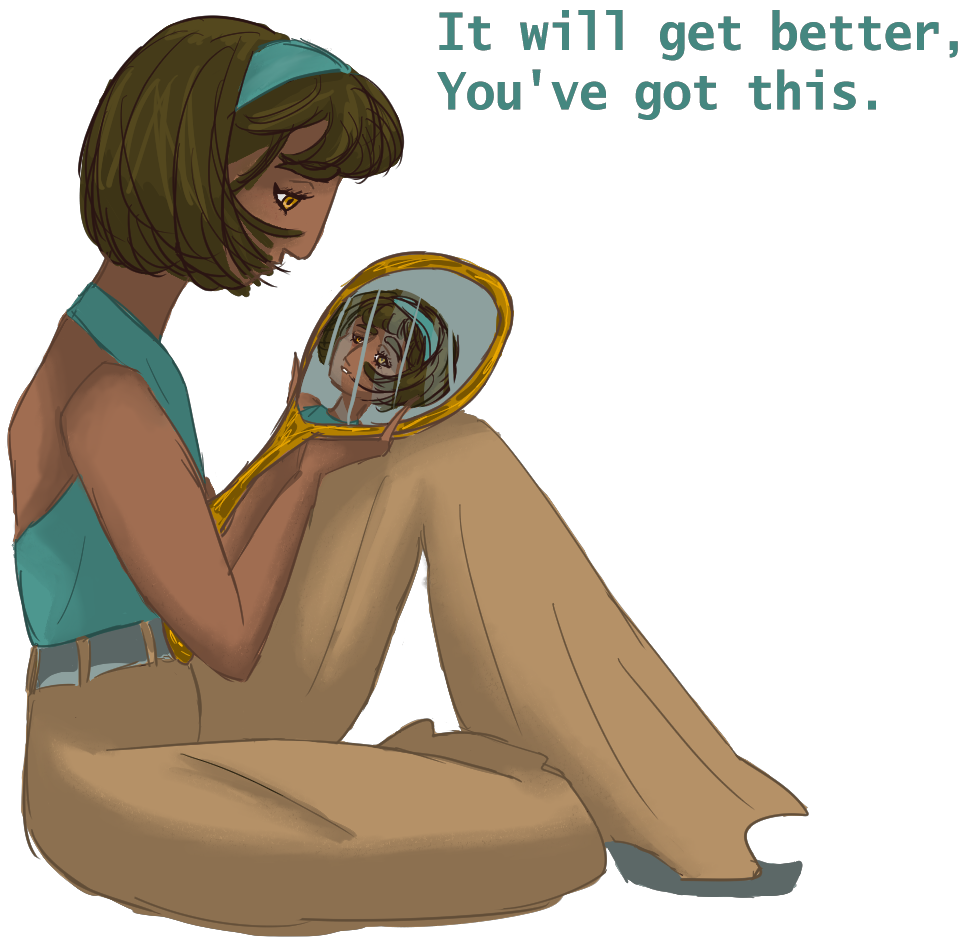
Confidence is a state of being where you feel sure of your skills and abilities.
Strategies:
– Be around supportive people. Surround yourself with people who care about you and all you do.
– Use positive language when talking to yourself. Use nice words to think about yourself and speak to yourself in a positive way. Instead of “I can’t do it” say: “How can I do it?”
– Find a role model. Look for someone that you admire, whether it’s a family member, friend, celebrity, or fictional character. Think about what qualities you like in that person and how you can incorporate them into your own life.
– Show yourself the compassion you’d show a friend or family member. Compassion means caring, showing kindness, and the desire to help.
2 – Find Your Voice

Tune into your own voice. Spend time getting to know yourself; what you like and dislike, what you look forward to and things you avoid.
Strategies:
– Practice talking to others. Do this, by practicing in front of a mirror or rehearsing before a phone call.
– Be loud. Know that your ideas count and talk loud and clear enough so that people can hear and understand you.
– Take time to reflect. Explore your feelings and needs. Take personality tests to get a better sense of yourself and your traits. There are many types of personality tests, here’s an example.
– Keep a Journal. Write or draw in a notebook to help you explore your emotional and physical needs.
3 – Enforce Your Autonomy

Autonomy is the ability to act on your values and interests. It means being independent, but it also means being responsible for your actions.
Strategies:
– Establish boundaries. A boundary is a limit or rule that you set in a friendship or relationship to protect your emotions and health. Communicate your boundaries to the people in your life.
– Stand up for yourself. Choose your words carefully and be respectful, but stay firm. Don’t let others define who you are.
– Know your rights. This is especially important at school and in the workplace–you are entitled to accommodations that help you be your best self. Here are: Accommodations you can get in school.Accommodations in the workplace.
– Reflect on your actions and own up to it when you are wrong.
– Be like a cat. Cats do a great job at establishing boundaries and advocating for their needs.
4 – Find Your Community
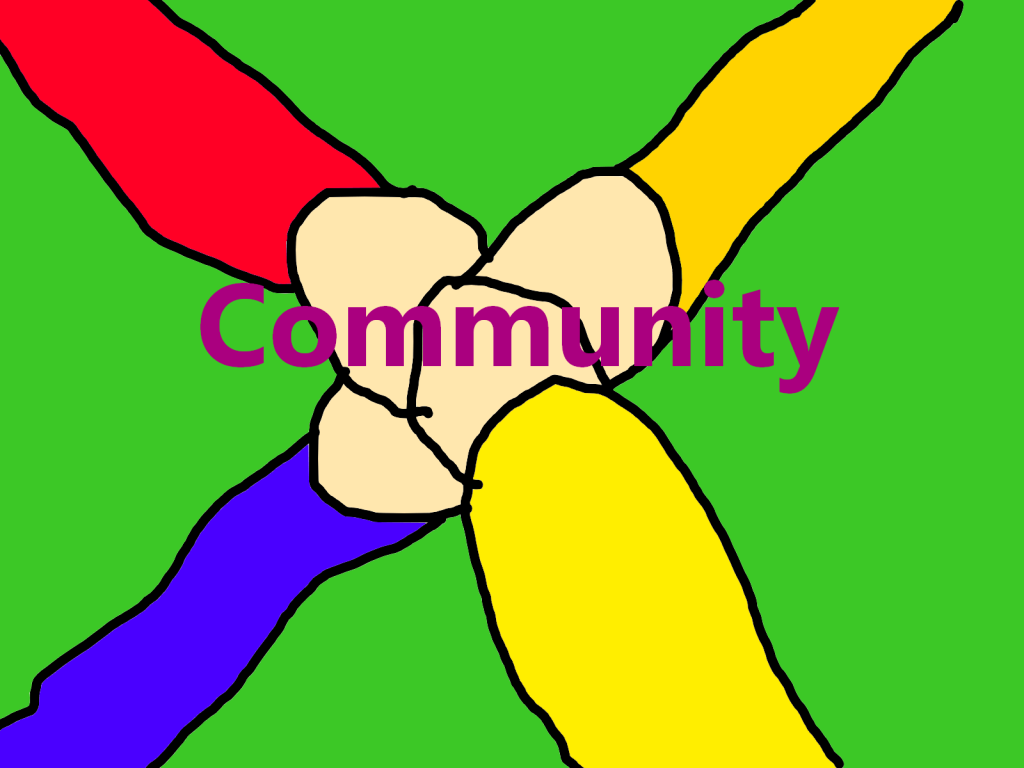
To connect with people who will always have your back that’s what finding your community is about.
Strategies:
– Pay attention to body language. Your body’s reactions can reveal how safe you feel in a situation. Observe other people’s body language to measure their level of interest.
– Practice reading people’s cues to identify appropriate moments to start conversations and bring up certain topics.
– Be yourself and people who are interested in being your friend will come to you.
– Look for similarities or shared interests with other people. Maybe you have the same sense of humor or maybe you like the same movies.
– Educate people about your experiences! You can write, talk or make artwork about your life.
5 – Caring for Your Mental Health
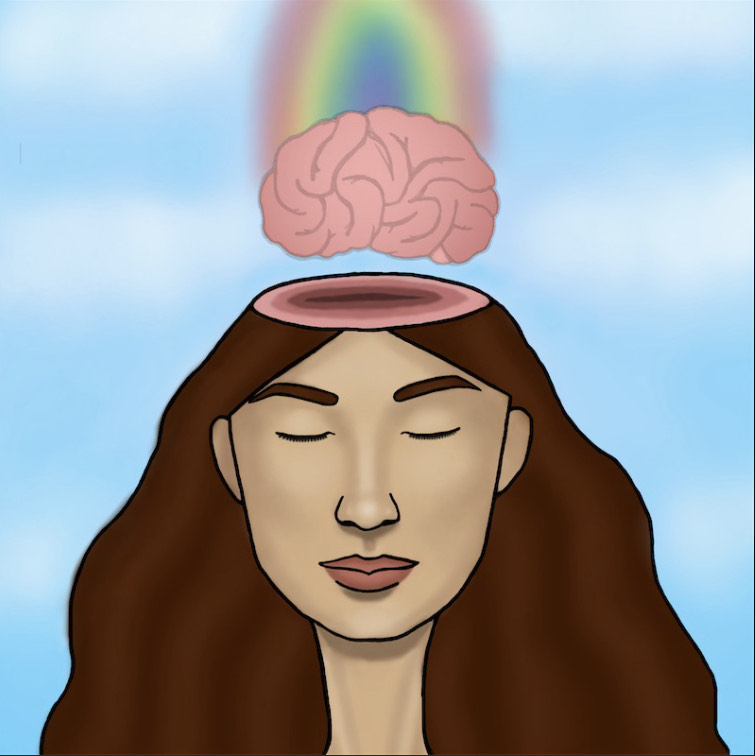
Your mental state affects how you think and behave. Taking care of your mind and working on emotional well-being can help you handle the challenges of everyday life.
Strategies:
– Build an emotional toolkit by gathering tools that help you feel good. For example, make a playlist of songs that calm you down.
– Practice self-care to manage stress and increase your energy! Take time to go out with friends and take breaks when you need them.
– Treat yourself kindly and also remember that self-care is also about taking care of responsibilities.
– Practice self-regulation. For example, you can play with stim toys, meditate and do breathing exercises to regulate your body.
The artwork featured on the Guide To Become A Self-Advocate was created by NAC members.
Council Bios
Sara is a college freshman from Manhattan. She interned at Tech Kids Unlimited and is currently a member of the Neurodiverse Advisory Council. Sara has experience in graphic design, video game design and coding. She also enjoys drawing on paper, playing the piano, practicing gymnastics, skiing, surfing, swimming and writing.
Saumya is a student at Pace University where she majors in Behavioral Neuroscience. In her spare time she is an artist.
William is a 15 year old from New York who enjoys playing indie games and is interested in film.
Christal is a Transformation Coach, which involves helping people bettering themselves and their lives by bringing about necessary changes. Instead of changing how they act, however, as with some other life coaching clients, transformational coaching clients work on changing the way they see themselves. She loves different forms of artistic expression and has a passion for different cultures. She is originally from the Caribbean island St. Lucia.
Harish is gearing up to go to college. He loves video games, movies, watching sports and social media.
Christian Michael is a junior in high school who is interested in pursuing a cyber security profession in the future.
Aaron is set to graduate from Brooklyn College in 2025 to be a future teacher. In Summer 2022, he interned at Floreo, a company that develops virtual reality lessons for autistic individuals using an Oculus headset. Aaron has earned a green belt in Karate.
Patrick is 23 years old and is from Queens, New York. He likes to do digital and traditional art, as well as video editing, surfing the internet and experimenting with different software and technology. Patrick hopes that his creations are discovered one day and that it’ll lead to bigger opportunities.
Want to start a Neurodiverse Advisory Council? Here’s how to do it:
1. Gather students from education and youth programs.
2. Set up a monthly meeting time including date and time.
3. Discuss with students which roles should be implemented; i.e., if someone should be the notetaker.
4. Make sure all c3. Discuss with students which roles should be implemented; i.e., if someone should be the notetaker.ouncil members’ opinions can be heard.
5. Create lesson plans on building confidence and self-advocacy skills, while making sure to implement these skills during meetings.
6. Discuss current and future programs, which topics are important to the demographic represented by the council, and give space for the council to provide honest feedback.
7. Have council members advise on programs, brainstorm ideas, and help make sure your organization is catering to the needs of the community it helps.
